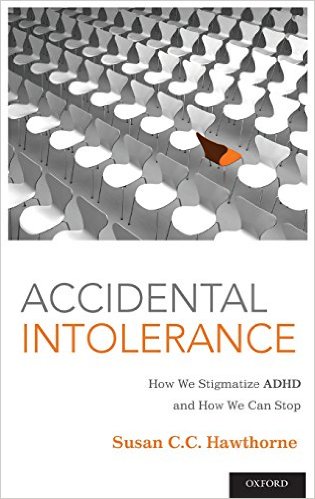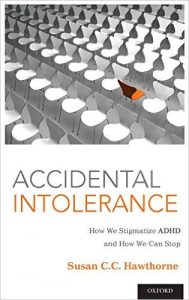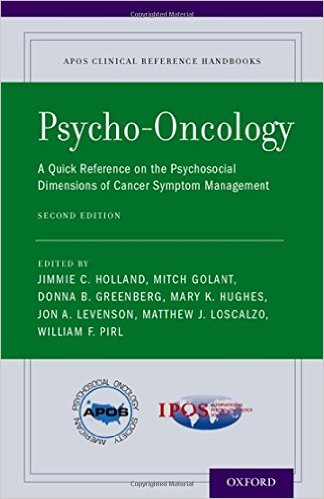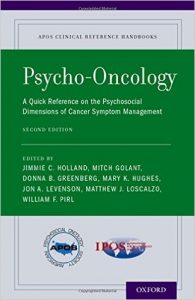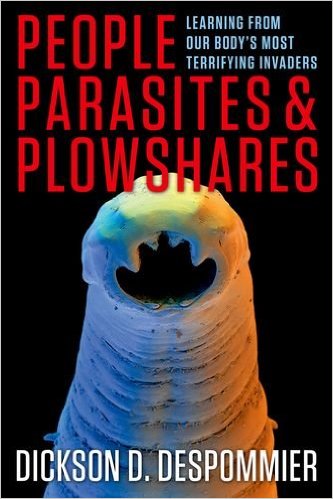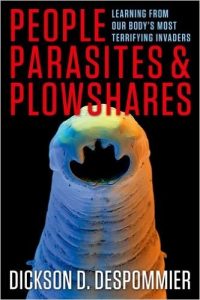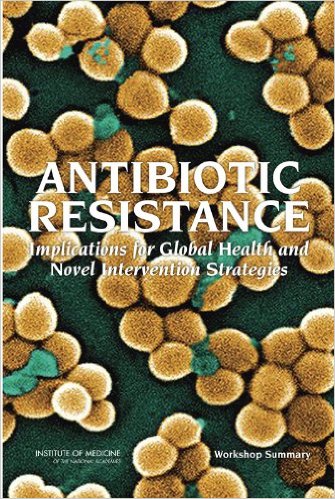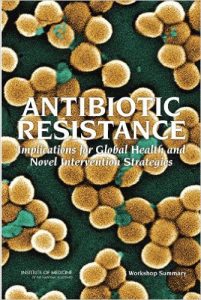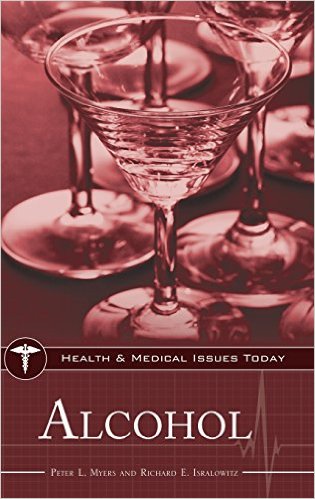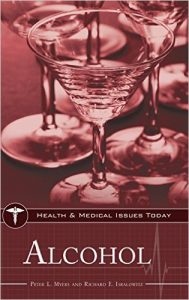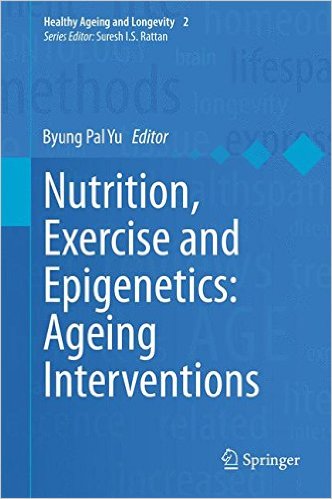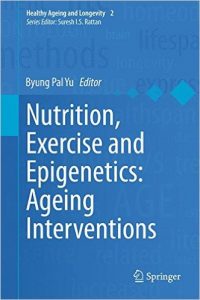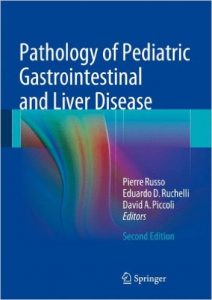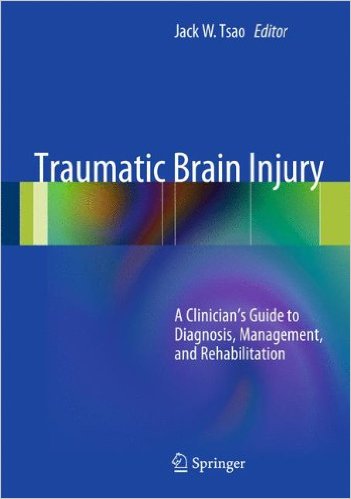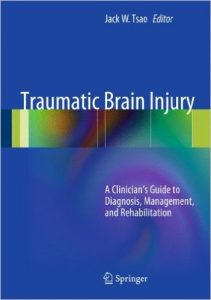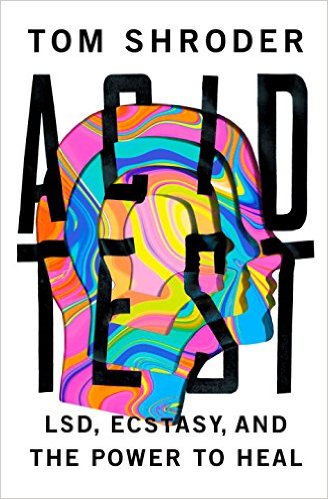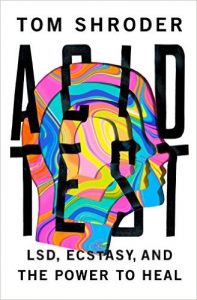Psychiatric Care of the Medical Patient 3rd Edition
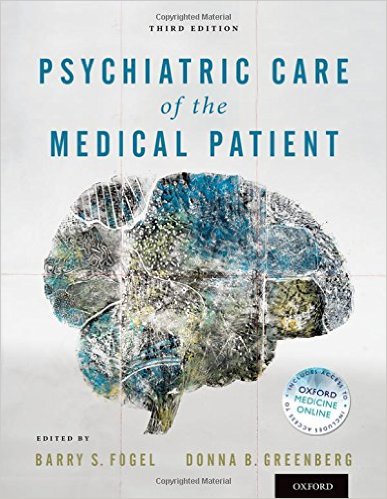
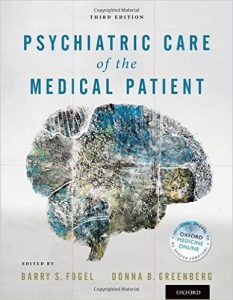
[amazon template=iframe image2&asin=0199731853]
The third edition of Psychiatric Care of the Medical Patient brings a classic reference text into the twenty-first century. It combines critical scholarship with the voice of expert clinicians who work at the interface of psychiatry with medical specialties. It is meant to be read for pleasure as well as consulted as a reference. The editors have worked with the authors to bring a consistent perspective to the resource – one that sees the medical psychiatrist as an agent for bringing a more comprehensive perspective to medical care. Even seasoned and knowledgeable practitioners will find much that is new to them in this resource.
The volume covers topics in depth that other resources in the field may not cover at all, such as the use of herbal and nutritional therapies for medical-psychiatric symptoms and syndromes, and the choice of questionnaires to supplement history-taking. It looks at old topics in a new way: The chapter on the physical examination applies psychometric considerations to the Babinski sign, describes the method and application of quantitative bedside olfactory testing, and discusses smartphone apps to improve the sensitivity of the examination.
Psychiatric Care of the Medical Patient, 3rd Edition provides concepts and information to facilitate the dialogue between psychiatrists and general medical specialists – minimizing psychiatric jargon and speaking in the common language of caring and curious physicians.
DOWNLOAD THIS BOOK FREE HERE









